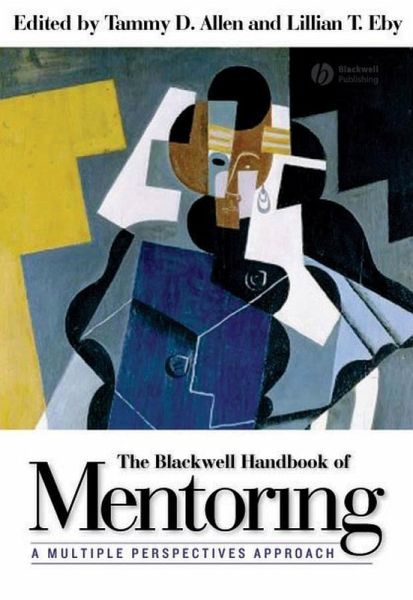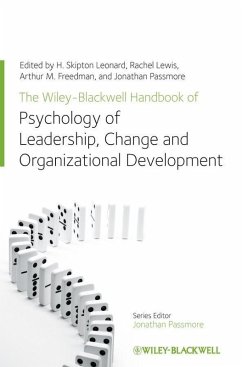
The Blackwell Handbook of Mentoring (eBook, PDF)
A Multiple Perspectives Approach
Redaktion: Allen, Tammy D.; Eby, Lillian T.
Versandkostenfrei!
Sofort per Download lieferbar
49,99 €
inkl. MwSt.
Weitere Ausgaben:

PAYBACK Punkte
0 °P sammeln!
Cutting across the fields of psychology, management, education, counseling, social work, and sociology, The Blackwell Handbook of Mentoring reveals an innovative, multi-disciplinary approach to the practice and theory of mentoring. Provides a complete, multi-disciplinary look at the practice and theory of mentoring and demonstrates its advantages Brings together, for the first time, expert researchers from the three primary areas of mentoring: workplace, academy, and community Leading scholars provide critical analysis on important literature concerning theoretical approaches and methodol...
Cutting across the fields of psychology, management, education, counseling, social work, and sociology, The Blackwell Handbook of Mentoring reveals an innovative, multi-disciplinary approach to the practice and theory of mentoring.
- Provides a complete, multi-disciplinary look at the practice and theory of mentoring and demonstrates its advantages
- Brings together, for the first time, expert researchers from the three primary areas of mentoring: workplace, academy, and community
- Leading scholars provide critical analysis on important literature concerning theoretical approaches and methodological issues in the field
- Final section presents an integrated perspective on mentoring relationships and projects a future agenda for the field
Dieser Download kann aus rechtlichen Gründen nur mit Rechnungsadresse in D ausgeliefert werden.













